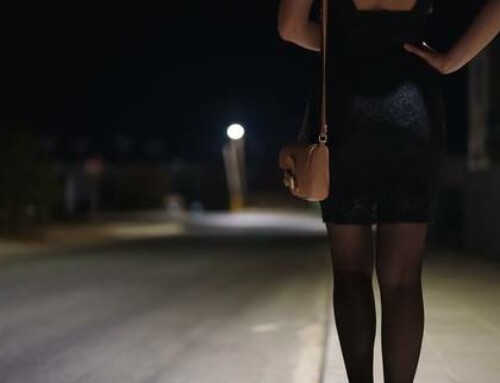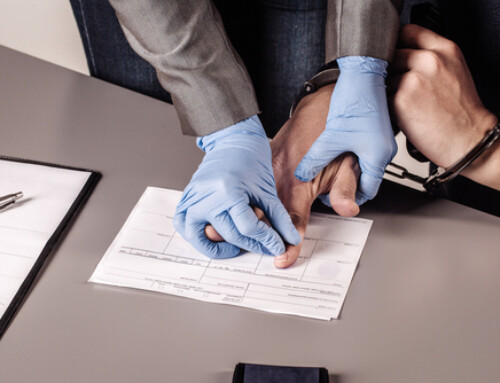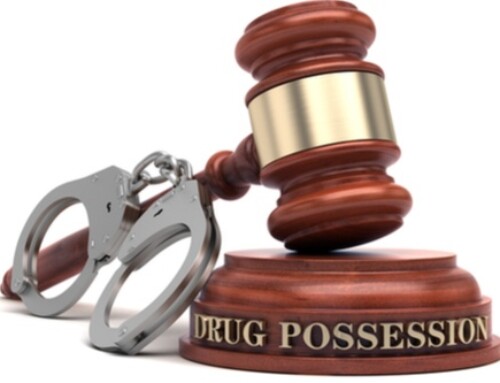In Charleston, North Charleston, South Carolina and elsewhere, many women, and men, suffer criminal domestic violence. These victims suffer real physical, emotional, and psychological injuries at the hands of their abusers. The criminal law has evolved to protect these vulnerable victims. Regrettably, some people use the developments in criminal law designed to protect real victims of criminal domestic violence to their advantage even though their allegations are false. Law enforcement treats these so-called victims identically as though they are true sufferers of domestic violence. Scrutinizing the accuser’s allegations at trial under cross-examination is the only way to determine the sincerity of the accusations. That is why criminal trials are so valuable: criminal defendants have the right to confront and cross-examine their accusers. That right is guaranteed by the Sixth Amendment to the United States Constitution. There are circumstances, however, where criminal defendants may be deprived of that right. North Charleston domestic violence attorney Rad S. Deaton will fight to preserve your rights if you have been accused of criminal domestic violence in South Carolina.
Confronting the Accuser of Criminal Domestic Violence in South Carolina
The “crucible of cross-examination” allows the jury to determine the truth or falsity of the allegations. A capable cross-examiner will confront the accuser on issues of bias, prior inconsistent statements, a prior criminal history, and motivation to lie. Cross-examination can also reveal the failure of memory, an inaccurate memory, or inaccurate perception. The jury can watch the witness testify and evaluate the accuser’s demeanor when answering questions. When these areas have competently explored the jury or judge can get the complete picture of who the witness is and determine whether he or she is to be believed. If the witness cannot be believed then the jury will be unable to convict. In some instances, the defendant is deprived of this right and out-of-court allegations are allowed in evidence to be used against the defendant.
Hearsay & Criminal Domestic Violence Trials in South Carolina
Generally speaking, a statement made while out of court cannot be used in court to prove a fact. That rule is known as the “hearsay” rule. Hearsay is allowed in court under any circumstances. In a criminal domestic violence trial, the accuser’s out-of-court statement may be used to try to convict the defendant even if the accuser never takes the stand. There may be many reasons why an accuser does not testify at trial. If the accuser is the defendant’s spouse, the accuser may invoke the marital privilege and refuse to testify against the defendant. The accuser may have a privilege against self-incrimination and taking the stand would subject the accuser to potential criminal liability. The accuser may be deceased or otherwise unavailable. The accuser may not testify because they are afraid of retaliation. These situations deprive the government of the evidence they need to convict the defendant.
An exception to Hearsay in Criminal Domestic Violence Trials
Every rule creates exceptions. One exception to the hearsay rule frequently used in criminal domestic violence trials is the “excited utterance.” The most common exciting utterance the government tries to use is contained in a 9-1-1 call, although that is not the only circumstance in which an excited utterance can occur. This excited utterance may be the only evidence against a defendant if the accuser refuses to testify. An excited utterance may be admitted at trial, and used by the jury as a reason to convict if the statement was made in reference to and under the stress of an exciting or “startling” event, and the stress must be caused by the startling event. The rationale for the admissibility of these statements is that the circumstances when they are made make them reliable. Reliability is determined by looking at the “totality of the circumstances” in which the statement was made. The statements do not need to be made during the startling event but a lapse of time is a factor in determining reliability. The accuser’s demeanor while making the statement and the severity of the alleged event weighs heavily on the overall reliability of the statement. However, the statement cannot be used if it is “testimonial,” meaning that the statement was made under circumstances that it was accusatory rather than under the stress of the startling event.
Skilled Criminal Domestic Violence Defense Attorney in Charleston Will Fight For You
Rad S. Deaton is a skilled criminal domestic violence defense attorney in North Charleston, SC. He will fight to protect your rights from being trampled by the government when accusers refuse to testify. The stakes are too high to settle for less. Call Charleston and North Charleston, South Carolina domestic violence defense attorney Rad S. Deaton of the Deaton Law Firm, LLC today at 843-225-5723 during business hours, or 843-557-6852 after hours, if someone has accused you of criminal domestic violence in North Charleston, and nearby area.






